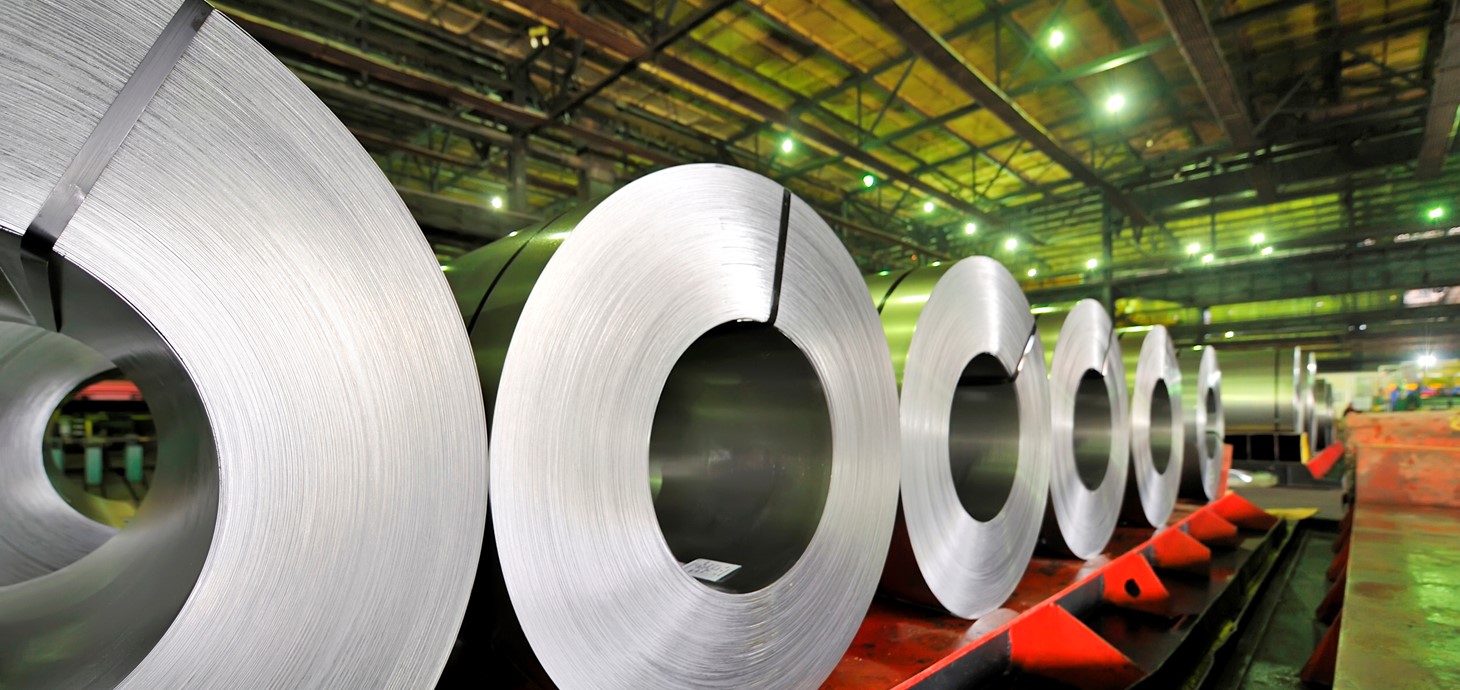
Coils of steel: Swansea chemical engineers are examining ways of reusing the carbon produced in steelmaking
Swansea University chemical engineers are finding new ways to capture and reuse carbon by turning it into useful products to help tackle the climate crisis.
Carbon capture and utilisation can play a vital role in lowering emissions by locking up billions of tons of carbon, preventing it from being released into the atmosphere. But it can only reach its full potential if the carbon can be turned into useful products that have value.
This is where Swansea’s chemical engineers have been leading pioneering research.
One example is reusing the carbon involved in making steel. A low-waste circular economy needs steel as it can be recycled infinitely with no loss of quality - today’s food can is tomorrow’s wind turbine. The problem is that manufacturing steel still involves high levels of carbon emissions, even though the industry has made major improvements.
Swansea experts are exploring ways of cutting the carbon footprint of steelmaking further.
They are experimenting with electrolysis, which involves using an electrical charge to separate elements. The CO2 from the steel plant’s blast furnace, instead of being emitted into the atmosphere, would be fed into an alkaline electrolyser.
This process would generate a large group of chemicals that can then be reused. These include formic acid, which can be used in fuel cells, and ethylene, a key feedstock for the production of polymers.
The work is being carried out within the SUSTAIN Future Steel Manufacturing Research Hub, which is funded by the Engineering and Physical Sciences Research Council.
Dr Enrico Andreoli, head of chemical engineering at Swansea University, who is leading the work, explained:
“Our research links steel production to the chemical industry, which also needs to cut its use of fossil fuels. We are looking at how to integrate the two, feeding the products generated by the alkaline electrolyser into the chemical industry. Our work is at laboratory stage but it has the potential to make a major difference to the industries’ carbon footprint.”
Watch: Dr Andreoli and other experts present their research at the Sustainability in Steel conference, organised by the Swansea-led SUSTAIN project.
Read about the “Sustainability in Steel” conference in “The Chemical Engineer”
Professor Dave Worsley, director of the SUSTAIN hub, explained that the aim of SUSTAIN is to deliver cutting edge science and engineering research required to create carbon-neutral, resource-efficient UK steel supply chains.
"We’re addressing steel-making decarbonisation from multiple fronts, including the use of carbon dioxide from process gases and emissions. It is absolutely critical to deliver sustainable green steel for the net-zero future of the steel industry in the UK and worldwide. Our work on CO2 electrolysis is part of a wider effort on carbon capture and utilisation within the hub."
21st century steel - Swansea University research
